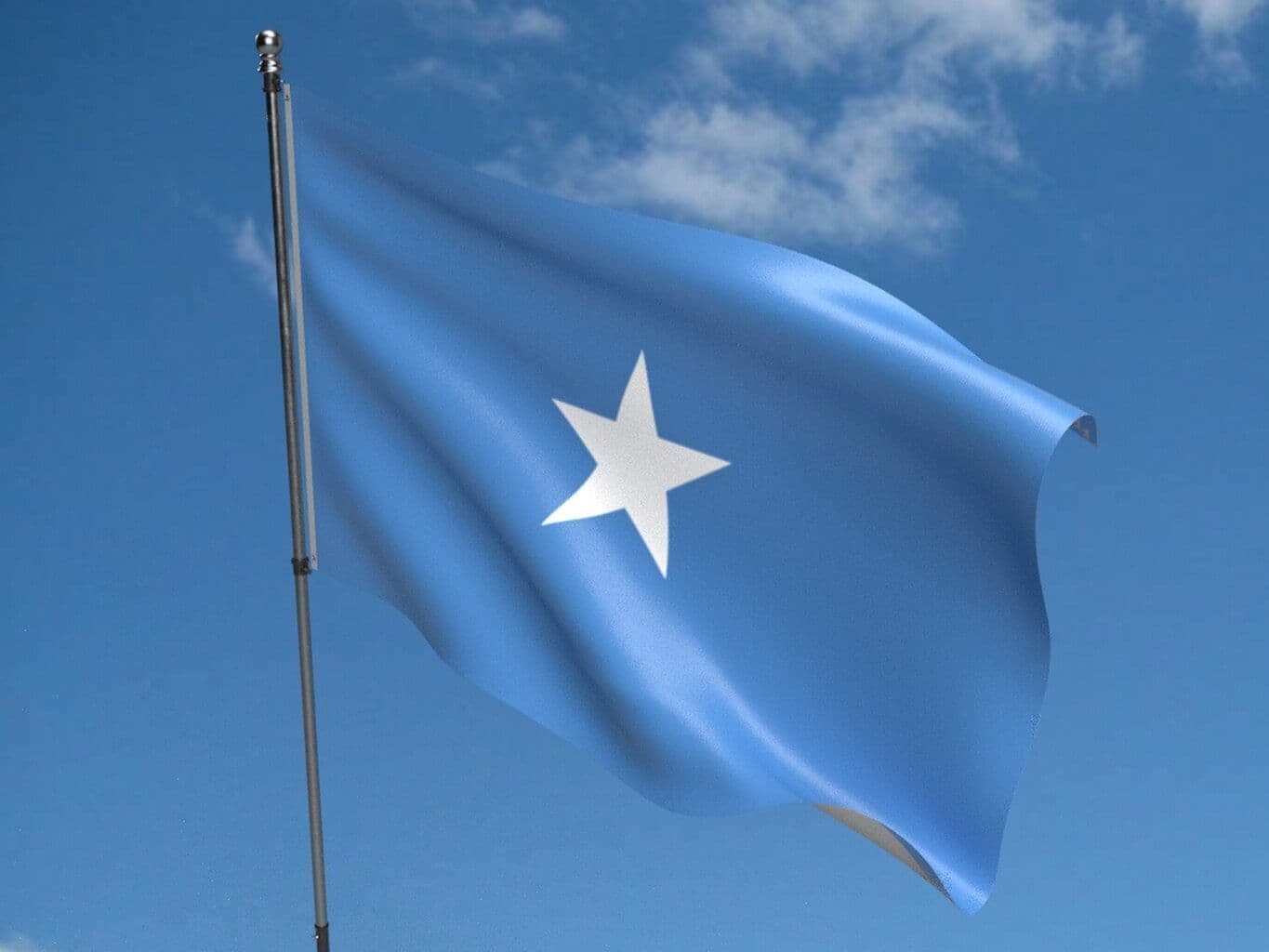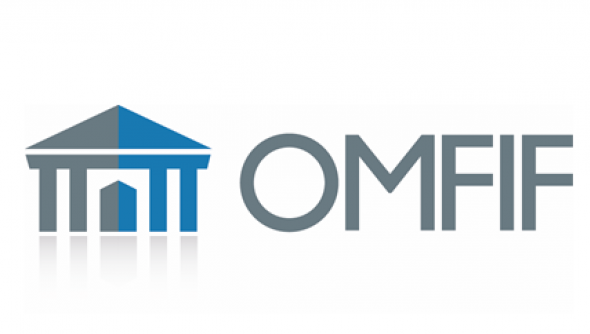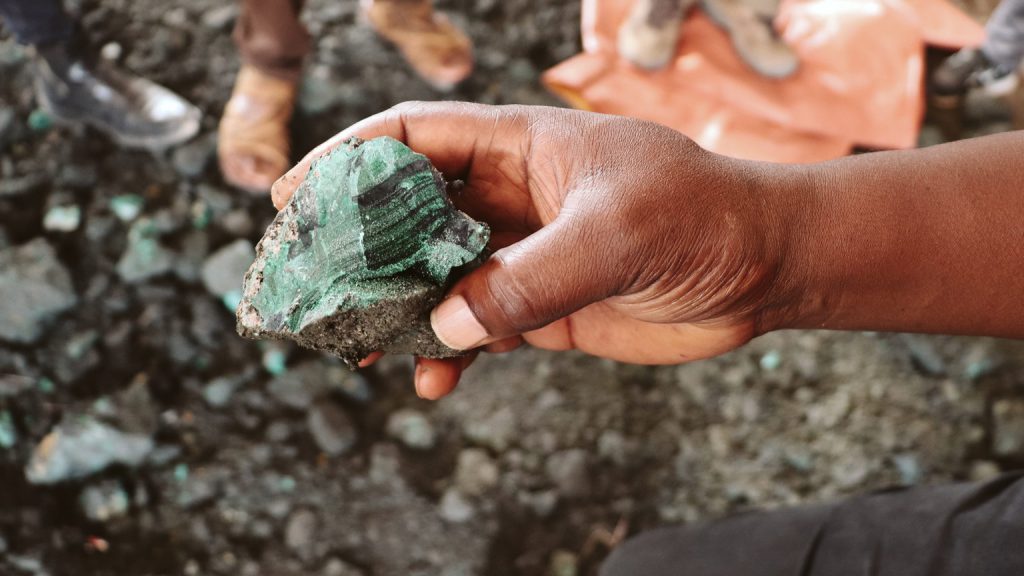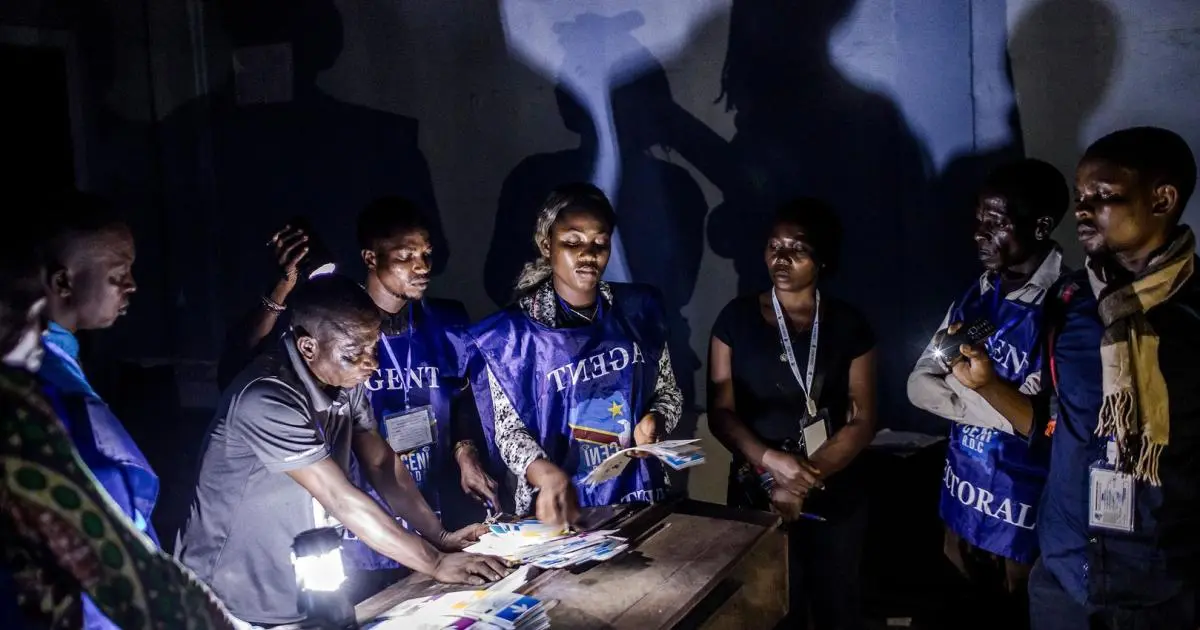Somalia’s entry into the East African Community (EAC) and the re-election of the Congolese president are likely to provide an important impetus to the financial services, banking and tourism, as well as to investments in renewable energy, oil, transport and logistics, all of whom are set to drive business opportunities in the East African region in 2024, according to industry leaders.
The services sector in the now eight-member EAC, with an estimated population of 301.8 million citizens, contributed almost 50% of the economic growth in 2022/23 fiscal year in the region. This is most notably seen in the resurgence in tourism that is driven by the visa removal by some countries in the bloc, according to John Kalisa, CEO of the East African Business Council. East Africa’s natural and cultural attractions draw tourists both from within the region and around the world, creating a demand for services like accommodation, food, and entertainment. Kalisa also said that investment in renewable energy in Tanzania and Rwanda, oil in Uganda, and transport and logistics in the region will drive intra-EAC trade “and open up new opportunities.”
Somalia’s entry into the EAC, which brings a population of 17 million, boosting the regional market to more than 300 million people, will benefit the entire region, not least by increasing foreign direct investment (FDI) in the East African nation, says Elly Twineyo-Kamugisha, Executive Director of the Uganda Export Promotion Board. Uganda, which is rich in agriculture produce, is likely to benefit from peace within the Great Lakes region as it seeks to expand its market to the Democratic Republic of Congo (DRC), and beyond Kenya to Somalia. With its total exports to Somalia worth $67.6 million during 2020, “the joining of EAC by Somalia gives Uganda in particular and EAC in general, a very big opportunity to grow intra-EAC trade,” Kamugisha added.



